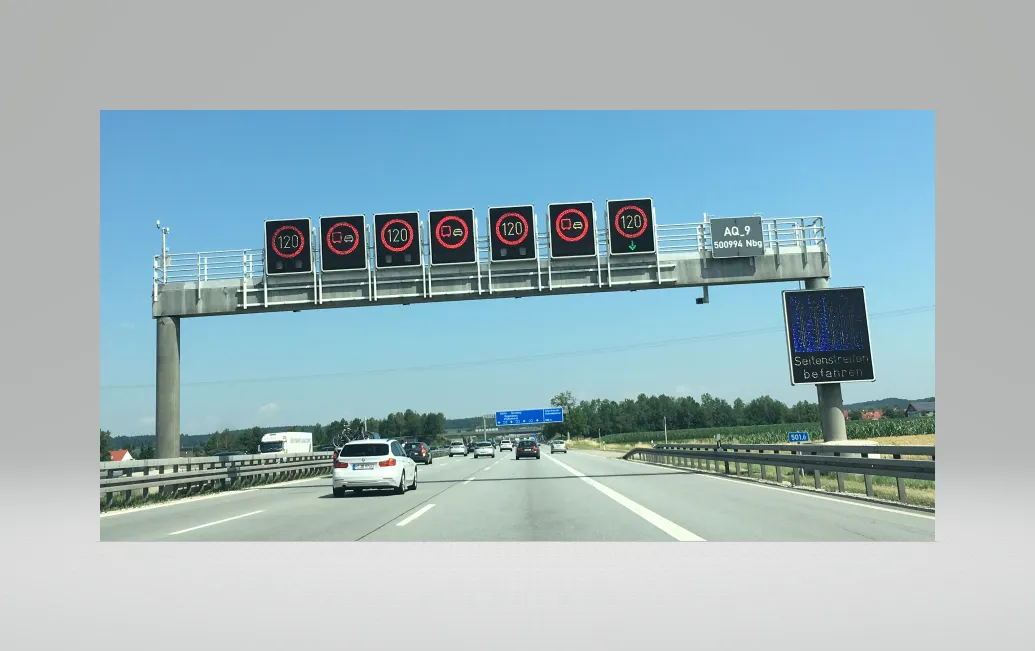A group of automotive enthusiasts in the UK hope to set a new world land speed record, with a mobility scooter. Powered by a 600cc motorcycle engine the mobility scooter is now thought to be able to reach some 192km/h, around 15 times as fast as a conventional mobility scooter. Official timed runs have yet to be made for the record to be set. The rules call for two timed speed runs to be made within one hour with the record being an average of the two. However the group believe their mobility scooter will e
September 26, 2013
Read time: 2 mins
A group of automotive enthusiasts in the UK hope to set a new world land speed record, with a mobility scooter. Powered by a 600cc motorcycle engine the mobility scooter is now thought to be able to reach some 192km/h, around 15 times as fast as a conventional mobility scooter. Official timed runs have yet to be made for the record to be set. The rules call for two timed speed runs to be made within one hour with the record being an average of the two. However the group believe their mobility scooter will easily be able to top the current mobility scooter speed record of 115km/h.
Meanwhile another man in the UK has fitted the starter motor from a Chinook helicopter to a shopping trolley. The starter motor has been modified to produce thrust and is estimated to deliver around 112kW. The first speed test at the Santa Pod drag strip has shown this unusual vehicle to be capable of reaching 70km/h, which makes it the world’s fastest shopping trolley. Its builder, a go-kart racer, believes it is powerful enough to reach 160km/h although he is unsure about its stability at this speed. Given the heat and noise the trolley generates, it is not likely to be welcome inside a supermarket however.
Meanwhile another man in the UK has fitted the starter motor from a Chinook helicopter to a shopping trolley. The starter motor has been modified to produce thrust and is estimated to deliver around 112kW. The first speed test at the Santa Pod drag strip has shown this unusual vehicle to be capable of reaching 70km/h, which makes it the world’s fastest shopping trolley. Its builder, a go-kart racer, believes it is powerful enough to reach 160km/h although he is unsure about its stability at this speed. Given the heat and noise the trolley generates, it is not likely to be welcome inside a supermarket however.









